Introduction
Are Parakeets Good Pets: Parakeets, often referred to as budgerigars or simply “budgies,” are among the most popular pet birds in the world. Their vibrant plumage, charming personalities, and relatively small size make them an appealing choice for those considering a feathered companion. The decision to bring a parakeet into your home as a pet is not one to be taken lightly. Into the factors that make parakeets pets, as well as some of the considerations and responsibilities that come with caring for these delightful avian companions.
Whether you’re a seasoned bird enthusiast or a prospective pet owner looking for insights into parakeet ownership, this discussion will shed light on the pros and cons of welcoming these colorful and intelligent birds into your life. Parakeets, often referred to as budgerigars or simply “budgies,” are among the most popular pet birds in the world. Their vibrant plumage, charming personalities, and relatively small size make them an appealing choice for those considering a feathered companion.
However, the decision to bring a parakeet into your home as a pet is not one to be taken lightly. Into the factors that make parakeets good pets, as well as some of the considerations and responsibilities that come with caring for these delightful avian companions. Parakeets are known for their intelligence, sociability, and ability to mimic sounds, making them engaging and interactive pets. They can form strong bonds with their human caregivers, bringing joy and companionship to households around the world.
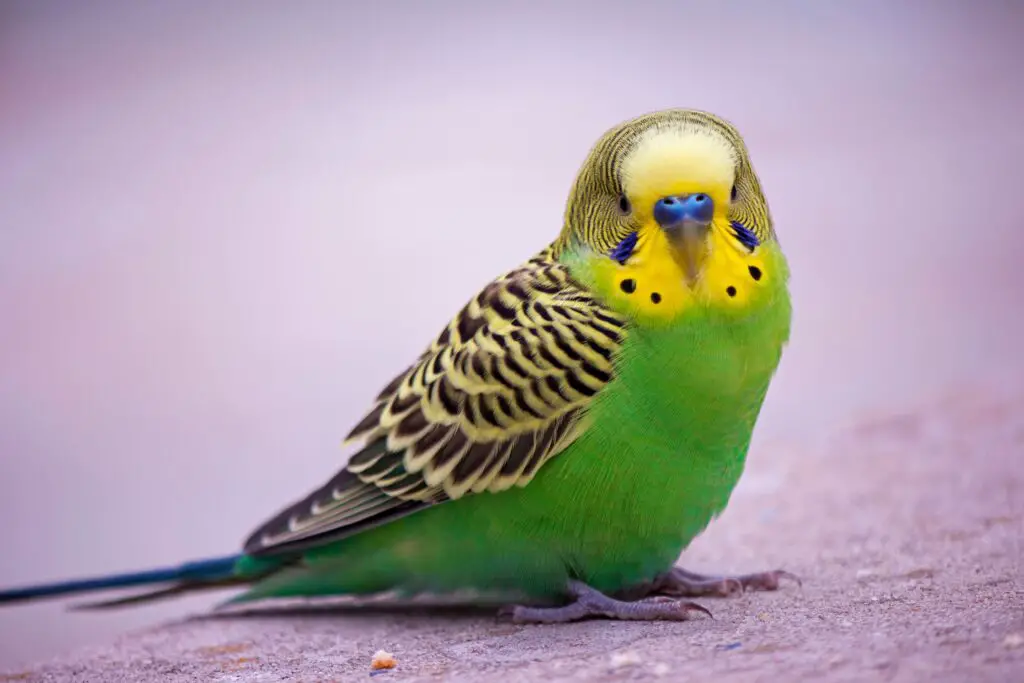
Are parakeets friendly?
Parakeets are loving creatures that crave the attention of their owners. Make wonderful pets for families living in small homes and apartments. Excellent choice for families with small children and other pets.
Parakeets, also known as budgerigars or budgies, are generally considered friendly and sociable birds. Their friendliness largely depends on their upbringing, socialization, and the individual bird’s temperament. Parakeets that are hand-raised from a young age and exposed to human interaction tend to be more friendly and affectionate.
One of the endearing qualities of parakeets is their ability to form strong bonds with their human caregivers. They enjoy being a part of the family and often develop close relationships with their owners. Friendly parakeets will readily perch on your finger, shoulder, or head, and some even enjoy gentle petting and scratching.
These birds are also known for their cheerful and talkative nature. While they may not have the extensive vocabulary of larger parrot species, they can mimic sounds, words, and even songs. Their vocalizations and mimicry add to their charm and make them engaging companions.
Are parakeets hard to take care of?
The common pet parakeet belongs to the family Melopsittacus undulatus and is a type of small, seed-eating, long-tailed parrot. Though relatively easy birds to care for, parakeets need clean surroundings, a proper diet, social interaction, and mental stimulation.
Housing: Parakeets need a spacious cage with room for flight and exercise. Regular cleaning is essential to maintain their health.
Diet: They have specific dietary needs, including a balanced diet of seeds, pellets, fresh vegetables, and occasional fruits. Providing clean water is also crucial.
Social Interaction: Parakeets are social birds and require regular interaction with their human caregivers or other parakeets to stay happy and mentally stimulated.
Enrichment: To prevent boredom and ensure their mental well-being, parakeets need toys, perches, and opportunities for exploration.
Healthcare: Regular check-ups with an avian veterinarian are important. Parasite control, beak and nail trimming, and monitoring for signs of illness are all part of responsible care.
Noise: Parakeets can be noisy, particularly when they are in a social environment. Consider your living situation and tolerance for noise when getting a parakeet.
Lifespan: Parakeets can live for 5-10 years or even longer with proper care, so you should be prepared for a long-term commitment.
Do parakeets get aggressive?
Parakeets are rarely aggressive by nature: their burst of temper will come and go quickly. They may fight over food, and will often clash briefly over friends, toys or territory; but all of this is normal in parakeet society.
Territorial Behavior: Parakeets can become territorial over their cages or favorite perches. They may show aggression, such as biting or lunging, if someone invades their perceived territory.
Mating Season: During the breeding season, which can be triggered by environmental factors like longer daylight hours, some parakeets may become more protective of their nesting area and display aggression, especially if they are housed with other birds.
Fear or Stress: Parakeets may exhibit aggression if they feel threatened, scared, or stressed. This can include hissing, biting, or defensive behavior.
Lack of Socialization: Parakeets that haven’t been properly socialized or have had negative experiences with humans may display defensive or aggressive behavior.
Are parakeets noisy?
Parakeets are noisy birds when it comes to whistles, talking, and daily chitter-chatter. Screaming on the other hand, is not a typical behavior of parakeets. Some parakeets might let out a light scream once in a while, but if you hear what sounds like a genuine scream from your bird, there might be something wrong.
Parakeets, also known as budgerigars or budgies, are known for their cheerful and chatty nature, which can be both endearing and noisy. While they are not as loud as some larger parrot species, they do produce a range of vocalizations that can vary in volume.
Parakeets are highly social birds that communicate with each other through chirping, singing, and chattering. They often enjoy mimicking sounds they hear in their environment, which can include whistles, doorbells, and even words. This mimicry adds to their charm and entertainment value.
The noise level of a parakeet largely depends on the individual bird’s personality and the environment. Some parakeets are more vocal than others, and their vocalizations can increase during their active daytime hours. They may become more vocal when they’re excited, happy, or trying to get attention.
Do parakeets bite hurt?
Yes, it does hurt when a parakeet bites. Female parakeets normally bite more than male parakeets. Many people prefer to keep a male parakeet/parakeets for a pet for this reason.
Individual Temperament: Some parakeets have more assertive or defensive personalities and may be prone to biting when they feel threatened or scared.
Socialization: Well-socialized parakeets are often less likely to bite, as they are accustomed to human interaction and handling.
Environmental Factors: Changes in the environment or stressful situations can make parakeets more likely to bite as a defense mechanism.
Body Language: Understanding a parakeet’s body language can help you anticipate when they might bite. Puffed feathers, raised crests, and hissing can be warning signs.
Why does my parakeet scream at me?
Screaming or loud vocalization is a natural way for wild parrots and other birds to communicate with each other in their flock environments. They will also scream if they are alarmed. Birds will vocalize if they are frightened, bored, lonely, stressed, or unwell.
Attention-Seeking: Parakeets are social birds that thrive on interaction. They may scream to get your attention, especially if they are feeling lonely or bored. They may want you to play with them or provide companionship.
Excitement or Happiness: Sometimes, parakeets scream when they are excited or happy. This could happen when they see you returning home or during playtime.
Fear or Alarm: If your parakeet suddenly perceives a threat or is frightened by something in their environment, they may scream as an alarm call. It’s their way of alerting others, including you, to potential danger.
Health Issues: Chronic or unusual screaming can also be a sign of underlying health problems. If your parakeet’s vocalizations change dramatically or become incessant, it’s crucial to consult with an avian veterinarian to rule out any medical issues.
Environmental Factors: Changes in the environment, such as a new pet, loud noises, or disruptions, can cause stress in parakeets, leading to increased vocalizations.
Do pet parakeets need baths?
Birds should be encouraged to bathe often, as their feathers and skin will look healthier if they bathe frequently. Start by offering a bath to your bird once or twice weekly. You may notice that your bird has a preference about the time of day it likes to bathe.
Feather Health: Bathing helps keep a parakeet’s feathers clean and free from dust, dirt, and debris. Clean feathers are not only aesthetically pleasing but also essential for proper insulation and flight.
Skin Health: Bathing also helps moisturize a parakeet’s skin, preventing dryness and discomfort. Dry skin can lead to itching and feather plucking.
Respiratory Health: A clean, dust-free plumage can contribute to better respiratory health for both the bird and its owner. Dusty feathers can exacerbate allergies in humans.
Behavior and Comfort: Bathing can be a pleasurable experience for parakeets. They often enjoy splashing around in water, which can help reduce stress and improve their overall well-being.
How long do parakeets live as pets?
On average Parakeets live a good 7 to 10 years when they are healthy and well taken care of. There are several factors that contribute to the lifespan of a Parakeet. Such as their diet and living environment.
Diet: Providing a well-balanced diet with a variety of seeds, pellets, fresh vegetables, and occasional fruits is crucial for their health and longevity. Proper nutrition can prevent many health issues.
Healthcare: Regular check-ups with an avian veterinarian are essential to catch and address any health concerns early. Vaccinations, if recommended, should also be administered.
Environment: Maintaining a clean and safe living space, with proper cage hygiene and protection from drafts and temperature extremes, can contribute to a longer life.
Social Interaction: Parakeets are social birds and need mental stimulation and social interaction. Loneliness and boredom can lead to stress and health problems.
Genetics: Genetics can play a role in a parakeet’s lifespan. Some individuals may be genetically predisposed to certain health conditions.
Exercise: Providing opportunities for physical activity and flight can help keep your parakeet physically fit.
Avoiding Toxins: Keeping them away from toxic substances like non-stick cookware fumes and harmful household chemicals is crucial for their well-being.
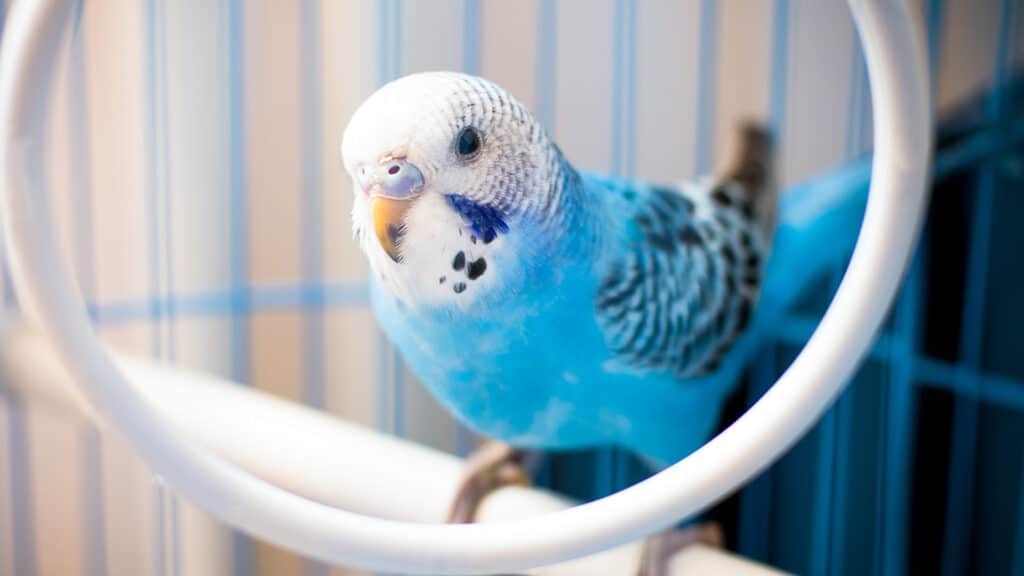
Conclusion
Parakeets can indeed make wonderful pets for the right individuals or families. Their vibrant personalities, striking plumage, and ability to bond with humans can bring joy and companionship to households. As relatively low-maintenance birds compared to larger parrot species, they are often an excellent choice for first-time bird owners. That parakeets, like any pets, require proper care, attention, and commitment. Their well-being hinges on factors such as a suitable living environment, a balanced diet, social interaction, and mental stimulation.
Potential owners should be prepared to invest time and effort into meeting these needs. Ultimately, whether parakeets are good pets depends on your lifestyle, willingness to provide for their requirements, and your genuine affection for these feathered friends. If you are ready to provide the care and attention they deserve, parakeets can become cherished members of your family, filling your home with their playful antics and cheerful chirping. Parakeets can indeed make wonderful pets for the right individuals or families.
Their vibrant personalities, striking plumage, and ability to bond with humans can bring joy and companionship to households. As relatively low-maintenance birds compared to larger parrot species, they are often an excellent choice for first-time bird owners. That parakeets, like any pets, require proper care, attention, and commitment. Their well-being hinges on factors such as a suitable living environment, a balanced diet, social interaction, and mental stimulation. Potential owners should be prepared to invest time and effort into meeting these needs.

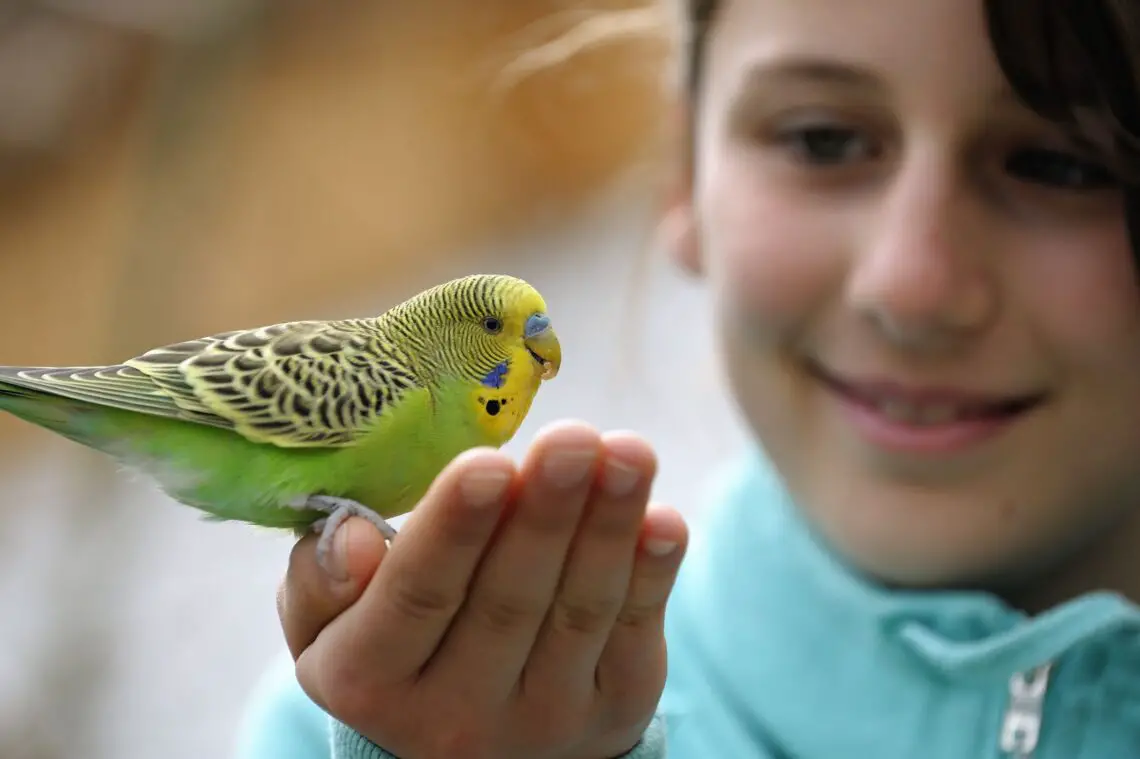
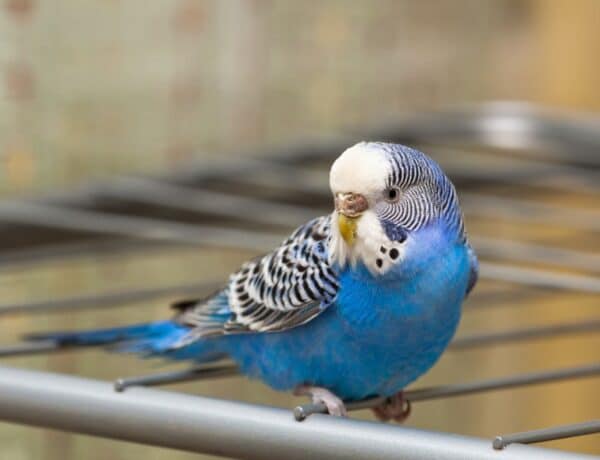

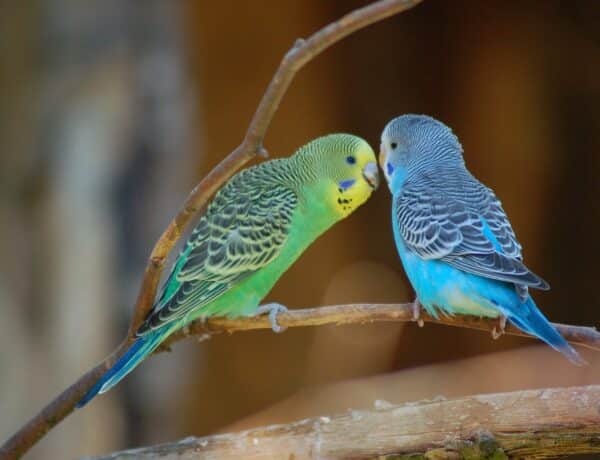
No Comments